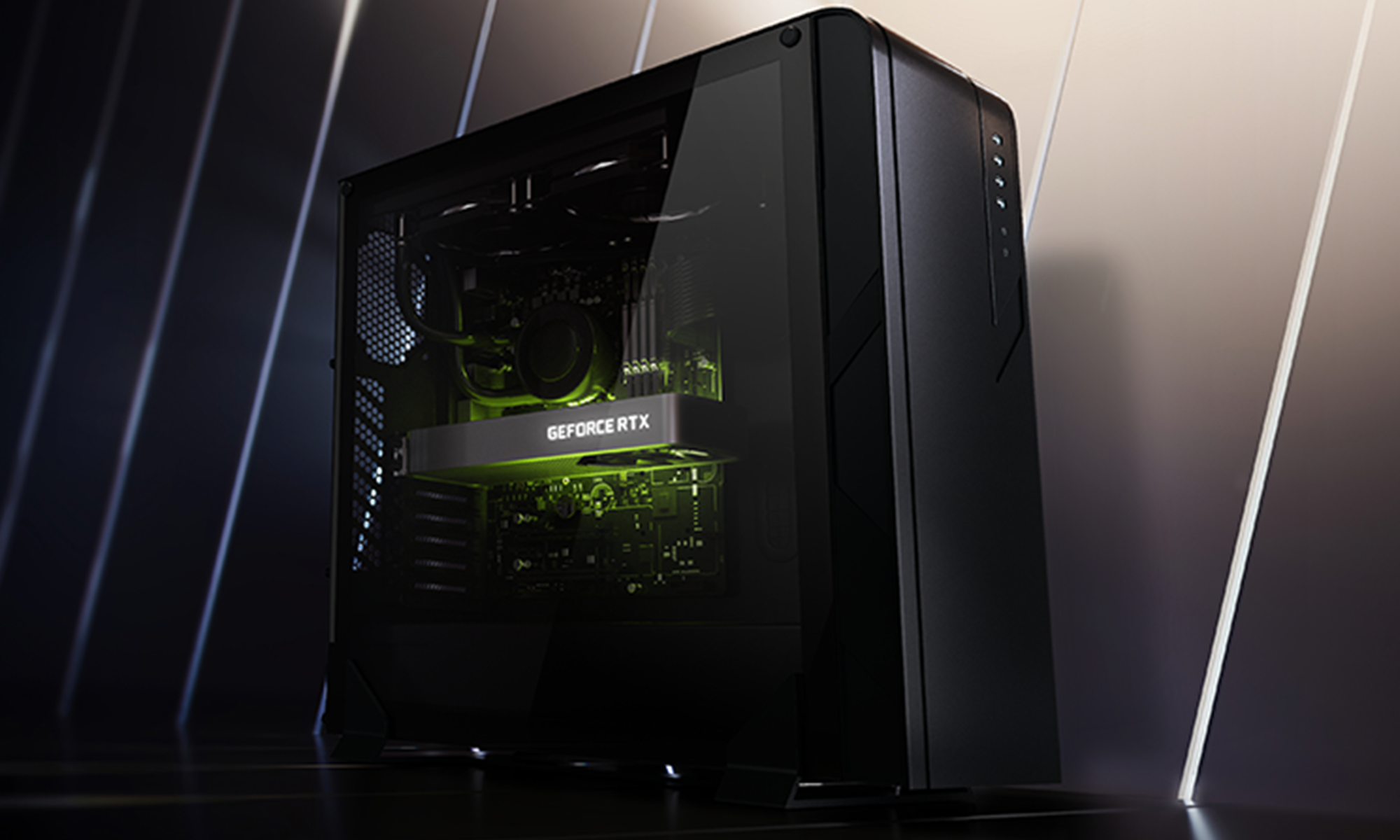Graphics chip company NVIDIA (NVDA +1.10%) agreed on Monday to pay $6.9 billion in cash for Mellanox (MLNX +0.00%), a supplier of interconnect solutions for data centers. NVIDIA reportedly outbid both Intel and Xilinx, although neither company has confirmed being part of the bidding process.
This deal comes as NVIDIA faces dual headwinds that are derailing its two biggest segments. In the gaming market, the crash in cryptocurrency prices has reduced demand, leading to excess channel inventory and questions about whether demand will ultimately stabilize. In the data center market, weakening demand from cloud and hyperscale customers has put an end to the relentless growth in what is now a $3 billion annual business for NVIDIA, and GPU alternatives could spell trouble in the long run.
NVIDIA's total revenue plunged 24% year over year in the fourth quarter of last year, and the company's guidance calls for a 31% tumble in the first quarter. The Mellanox deal is expensive, but it will give NVIDIA's data center segment a jolt that should help return the company to growth next year.
Check out the latest earnings call transcript for NVIDIA.

Image source: Getty Images.
Immediately accretive
NVIDIA will pay $125 for each outstanding share of Mellanox, adding up to an enterprise value of roughly $6.9 billion. The deal won't require any debt, with NVIDIA's rock-solid balance sheet providing enough cash to fund the acquisition. NVIDIA had $7.4 billion of cash, cash equivalents, and marketable securities at the end of fiscal 2019, which ended in January.
The deal is expected to close by the end of calendar 2019, which will give NVIDIA time to generate additional cash. NVIDIA produced free cash flow in excess of $3 billion last year, but that number may decline this year as the company struggles with weak demand. Still, it should be enough to fund NVIDIA's already-announced capital return program for fiscal 2020. The company will stick to its plan to return $2.3 billion to shareholders this year via share buybacks and dividends.
Once the deal closes, NVIDIA expects the combination to be immediately accretive to non-GAAP gross margin, non-GAAP earnings per share, and free cash flow. Mellanox is a profitable company, producing $134 million of net income and $228 million of free cash flow on $1.09 billion of revenue in 2018. Mellanox's non-GAAP gross margin of 69% last year topped NVIDIA's non-GAAP gross margin of about 62%.
NVIDIA is certainly paying a high price. At $6.9 billion, this deal values Mellanox at nearly 6.5 times sales, more than 50 times earnings, and more than 30 times free cash flow. Mellanox is a growing company, posting revenue growth of 26% in 2018, and NVIDIA may be able to accelerate that growth once the company is part of its data center business. But big acquisitions have a way of falling short of expectations.
A big bet on the data center
NVIDIA has been very successful selling its GPUs into the data center, pitching them as accelerators for computationally intensive tasks like artificial intelligence. But those ultra-fast processors need to be fed data quickly enough when workloads span many nodes. That's where Mellanox's interconnect technology comes into play.
"Datacenters in the future will be architected as giant compute engines with tens of thousands of compute nodes, designed holistically with their interconnects for optimal performance," NVIDIA said in the press release announcing the deal. "With Mellanox, NVIDIA will optimize datacenter-scale workloads across the entire computing, networking and storage stack to achieve higher performance, greater utilization and lower operating cost for customers."
The deal makes sense strategically, and NVIDIA is preventing a rival like Intel from scooping up Mellanox for itself. This year is going to be rough for NVIDIA, with revenue very likely to decline. But folding Mellanox into the data center segment next year should help reignite growth in what has become a very important business for the graphics chip company.






